Republicans across America are cheering this new win for Trump.
In a historic Supreme Court decision, President Donald Trump secured a major legal victory that could reshape the nation’s immigration policy and curb the power of activist judges.
On Friday, the Court ruled 6-3 to significantly limit the use of nationwide injunctions, a legal tactic that lower courts—often with liberal judges—have used to block Trump’s executive orders from taking effect.
🔹 A Win for Executive Authority—and for Trump’s Base
The case centered on three federal district courts—in Maryland, Massachusetts, and Washington state—that had blocked Trump’s bold move to end birthright citizenship, a policy long criticized by conservatives as a magnet for illegal immigration.
But in a game-changing ruling, the Supreme Court determined that lower courts do not have the authority to issue sweeping national blocks, stating that such injunctions exceed what Congress has allowed under the Judiciary Act of 1789.
Justice Amy Coney Barrett, writing for the majority, clarified:
“Federal courts have no general power to issue universal injunctions.”
This ruling does not directly address the constitutionality of Trump’s order on birthright citizenship—but it removes a major legal obstacle that had stood in the way of implementation.
🔹 What This Means for Birthright Citizenship
President Trump has long vowed to end automatic citizenship for children born to illegal immigrants—a policy he calls a “misuse of the 14th Amendment.”
Following the ruling, Trump took to Truth Social, declaring:
“A GIANT WIN in the Supreme Court. Even the Birthright Citizenship Hoax just took a big hit.”
He added that birthright citizenship was originally intended for children of freed slaves, not to encourage illegal immigration and abuse of America’s generous system.
Trump also announced a press conference for 11:30 a.m. to address next steps.
🔹 Liberal Justices Lash Out
The three liberal justices—Sotomayor, Kagan, and Jackson—issued strong dissents. Justice Sotomayor accused the majority of “opening the door for government overreach,” while Jackson warned that poor and unrepresented Americans might be hurt.
But conservatives argue the opposite: that this ruling helps restore balance to the courts and reins in rogue judges who have tried to block the will of the people.
🔹 Legal Experts: The Landscape Just Shifted
Pam Bondi, Trump’s attorney general, praised the decision:
“The Supreme Court told activist judges: enough is enough.”
Solicitor General John Sauer, who argued before the Court, emphasized how nationwide injunctions had “paralyzed lawful presidential authority” and flooded the courts with legal chaos.
The ruling could affect over 300 ongoing lawsuits against the Trump administration’s actions since his second term began in January 2025.
These include:
- The military transgender ban
- Government agency reforms
- Foreign aid restrictions
- Efforts to dismantle unelected bureaucracies like the DOGE oversight agency
🔹 Conservative Justices Speak Out
Justice Clarence Thomas and Chief Justice John Roberts both raised concerns about the explosive rise in universal injunctions over the past decade. During oral arguments, even liberal justices acknowledged the growing problem—though they disagreed on how to fix it.
Trump’s legal team argued that forcing every single plaintiff to win individual lawsuits created an unfair burden on the government and undermined the Constitution’s separation of powers.
“This is about restoring the power of the presidency—and protecting America’s borders,” one Trump official said.

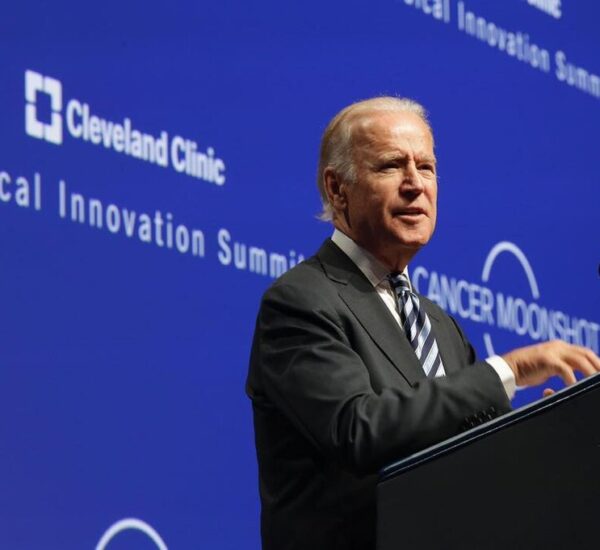
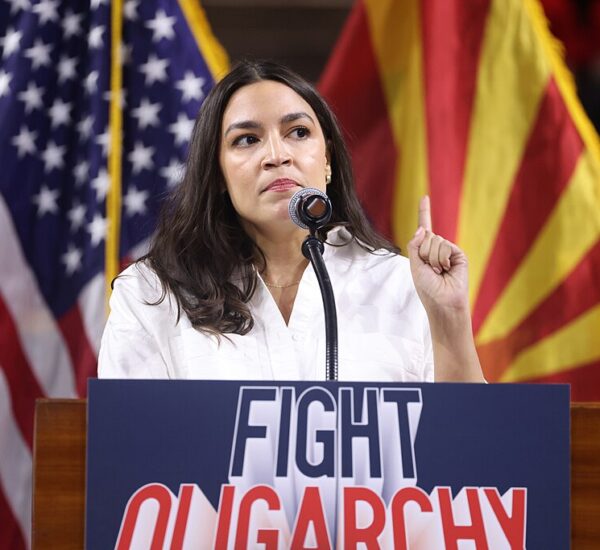
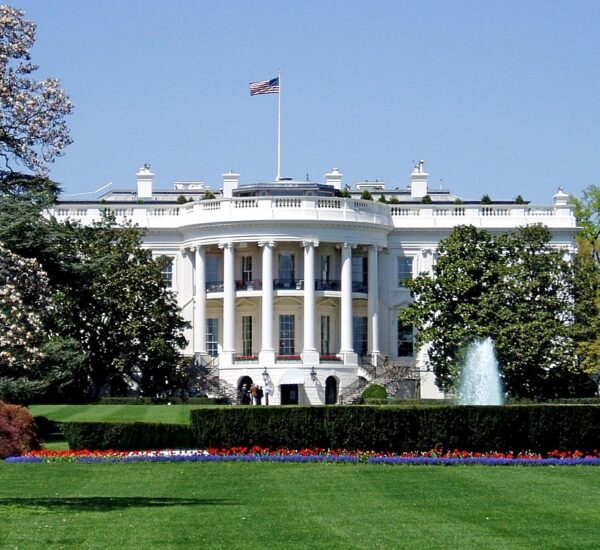

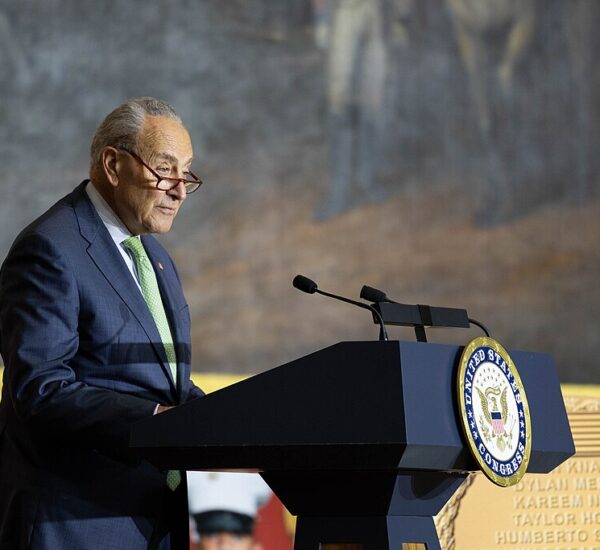
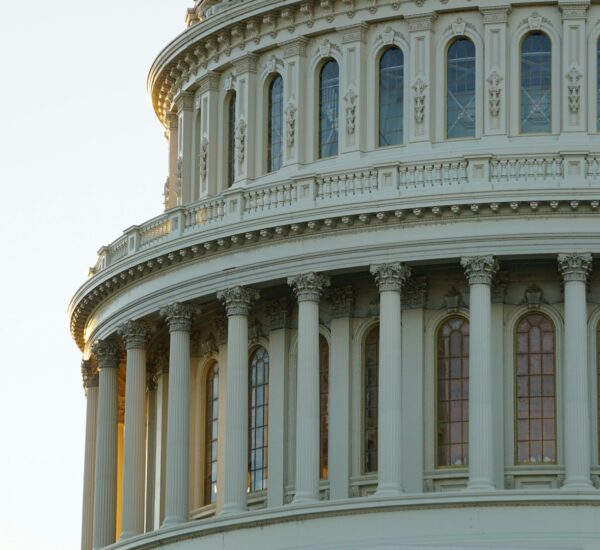
Democrat cry baby traitors will always go against America and the constitution. Even more so when they suffer from TDS.